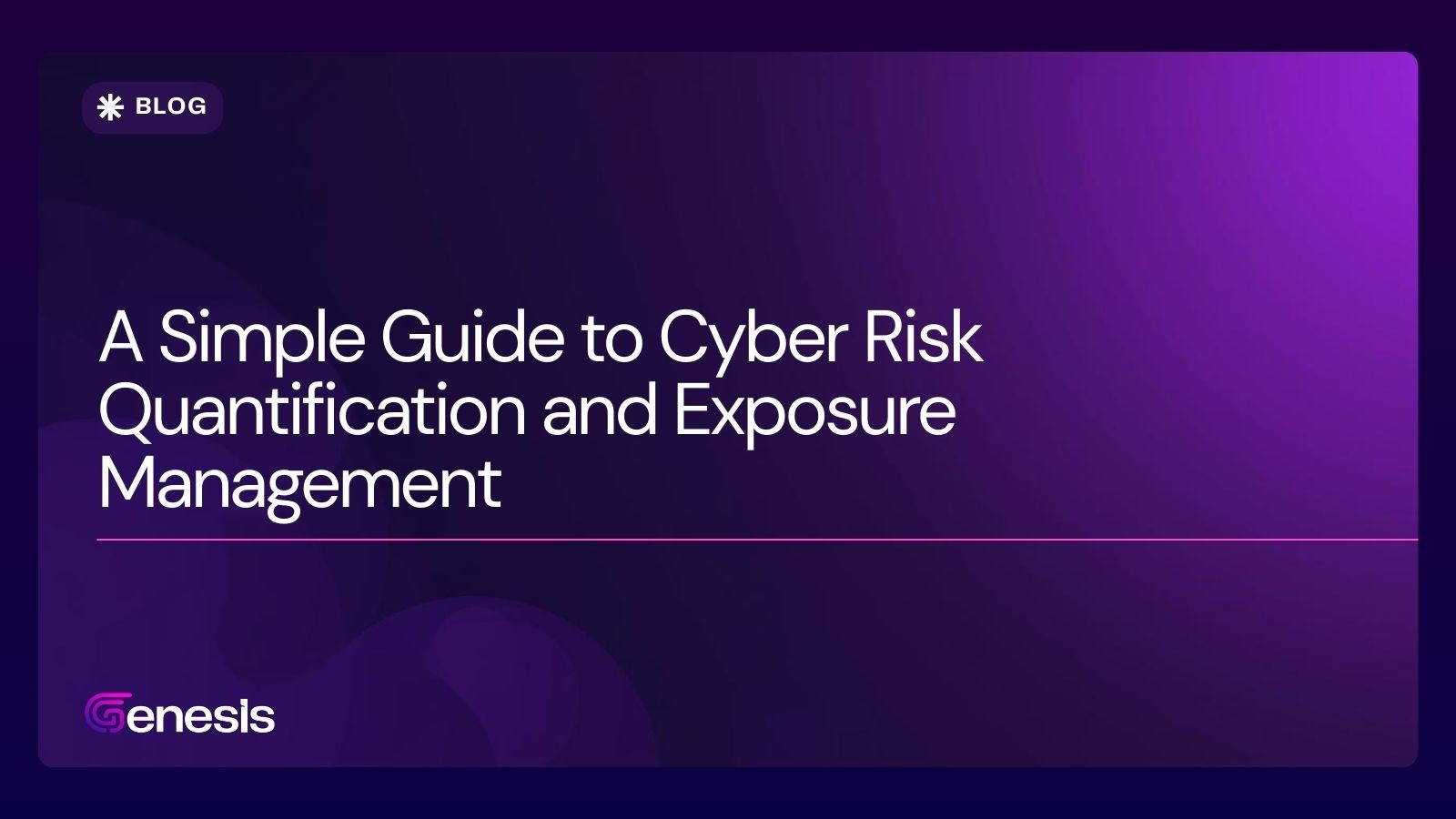Oct 10, 2022
Sohini Roy
DMARC, or Domain-based Message Authentication, Reporting, and Conformance, is an email authentication protocol designed to prevent email spoofing and phishing attacks. It adds a layer of protection to emails, working with existing SPF (Sender Policy Framework) and DKIM (DomainKeys Identified Mail) protocols to verify the sender’s identity.
Key Points:
How DMARC Works: DMARC ensures that the sender’s domain matches what is displayed to the recipient and compiles results from SPF and DKIM to block fraudulent emails. It helps organizations control unauthorized email activity and prevent phishing.
Importance of DMARC:
Reduces the risk of phishing attacks.
Helps monitor the email channel for potential threats.
Prevents email spoofing, which can lead to significant financial losses.
How It Prevents Phishing: DMARC enforces policies for unauthorized emails, combining SPF and DKIM results to validate the sender’s authenticity and prevent fraudulent impersonation.
About Genesis:
Genesis is a comprehensive cyber risk management platform that integrates attack surface management and third-party risk management. It helps businesses monitor cybersecurity posture, map digital assets, and reduce attack surfaces to prevent data breaches and detect potential threats from third-party vendors.







